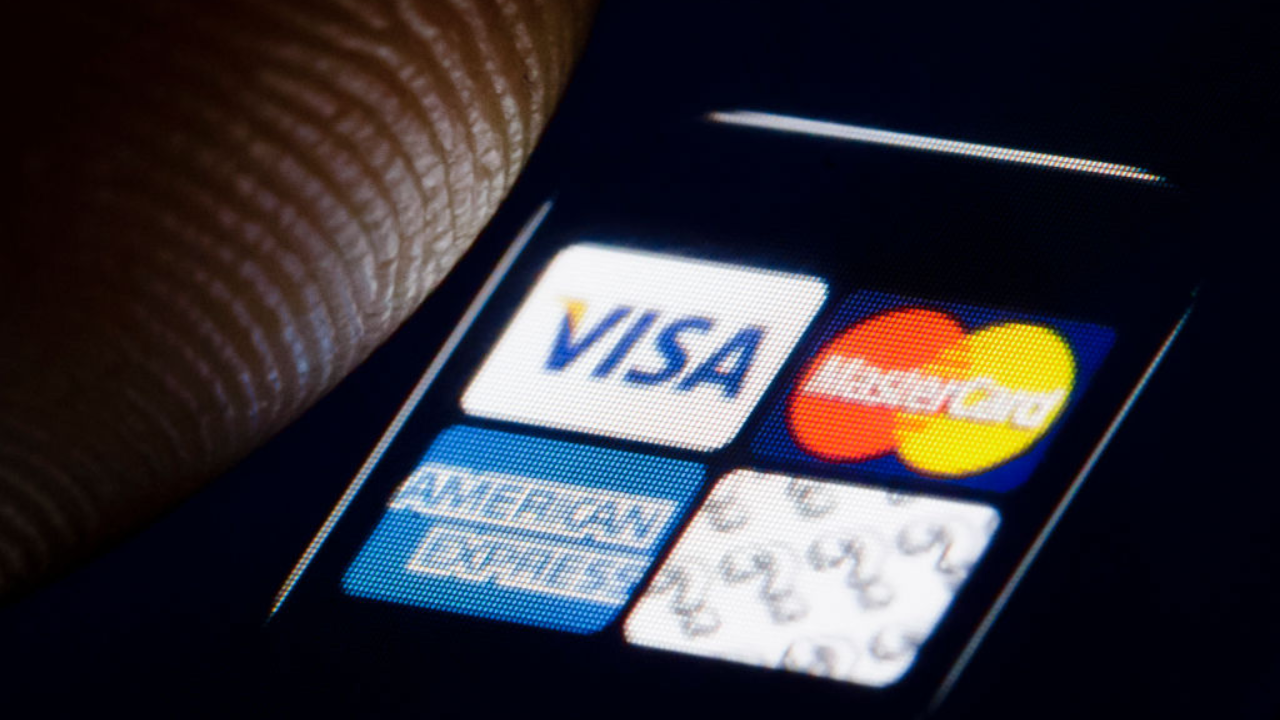
When choosing a credit card for overseas travel, there is an array of important factors to consider. First and foremost, you’ll want a credit card that doesn’t charge foreign transaction fees. Next up, you’ll want to ensure your card is universally accepted — as in, your credit card will be usable wherever you go.
Visa and Mastercard are easily the best options for international usage, mostly due to the fact that these cards are typically accepted almost anywhere in the world you travel. According to a 2019 survey from The Nilson Report, acceptance of Visa and Mastercard has reached 52.9 million internationally with significant growth in Asia, Latin America, the Middle East and Africa.
Discover and American Express lag significantly behind, and it’s more likely than ever that specific retailers choose not to accept American Express — even in countries where Amex acceptance is common.
If you’re wondering why American Express isn’t as universally accepted as other types of credit cards, you’re in the right place.
Why don’t all businesses accept American Express?
Even within the United States, it’s not uncommon to visit a restaurant or retail store that doesn’t accept American Express. The reason behind this is simple — American Express charges merchants a higher fee than competitors do.
To be clear, all credit card issuers charge merchants fees in order to accept their credit cards, yet some card issuers choose to charge a higher fee than others. These fees are considered part of the cost of doing business for merchants, yet it’s easy to see why they would want to keep their payment fees at a minimum — especially if not accepting one type of credit card (in this case, American Express) doesn’t hurt their bottom line.
How much more does American Express charge merchants? If you don’t dive into the numbers too much, the difference doesn’t seem exorbitant.
Visa and Mastercard tend to charge merchants between 1.5% and 2.5% to accept their credit cards, whereas American Express charges between 2.5% to 3.5%.
While this may not seem like a significant difference, the gap in fees can make accepting American Express an unattractive proposition. After all, a business that does $100,000 in credit card sales per week would much rather pay $1,500 to $2,500 in fees to accept credit cards versus $2,500 to $3,500.
How is American Express different from other credit cards?
The main difference you’ll find with American Express when compared to Visa and Mastercard is the fact that American Express is a bank that also issues credit cards. Visa and Mastercard are the largest credit card networks in the world, yet they do not issue credit cards on their own. That’s why you find Visa or Mastercard credit cards issued by Chase, Capital One and other big banks.
And because American Express is a bank, they act as both the credit card processing network and the credit card issuer.
Another difference is the fact that, unlike other credit card issuers, American Express offers some charge cards. Charge cards are types of cards that require you to pay the balance you charge in full each month, whereas credit cards allow you to carry a balance from month to month.
Amex merchant fees: How expensive are they?
American Express lays out its fees for merchants in their recent American Express Merchant Reference Guide. Merchants must pay to use their electronic payment network, they note, and they will automatically pay merchants the money they’re due via an ACH transfer unless the merchant wants to pay a fee to receive a check.
There are quite a few fees that can be imposed on merchants for accepting American Express credit cards, but the main one is the Discount, notes Amex. This amount varies, but as we noted, typical merchant fees fall between 2.5% and 3.5%.
Other merchant fees that may apply can include non-swiped transaction fees (when a credit card isn’t present and the number is keyed in), voice authorization fees, check fees, paper statement fees and more.
What types of businesses accept American Express?
While there are always exceptions, American Express is accepted at most airports, restaurants, hotels and online merchants. Subscription services you sign up for accept American Express, as do grocery stores and other types of retailers.
American Express has made great strides in terms of expanding their footprint and acceptance over the years. However, this is definitely more true in some parts of the world than others.
The percentage of U.S. businesses that accept American Express
According to new data from The Nilson Report, 99% of merchants that accept credit cards within the United States now accept American Express. American Express says they made it easier for merchants of all sizes to accept their cards due to a few different initiatives they’ve undertaken over the years.
“These efforts included the introduction of OptBlue in 2014 that enabled small businesses to accept American Express through their existing processor who sets the rate and facilitates the transaction, just as they do for other cards,” explained American Express in related commentary.
American Express says they also “introduced new merchant-friendly policies and continued to show our commitment to small businesses through our Shop Small and Small Business Saturday movement, generating a record-high total of an estimated $19.6 billion in sales for U.S. local businesses last year.”
American Express also notes they have and will continue to, “tackle outdated misperceptions about accepting American Express,” and make “significant inroads in industries that did not traditionally accept credit cards, including utilities, government entities, insurance, healthcare, and education.”
"accept" - Google News
June 13, 2020 at 02:21AM
https://ift.tt/2UzQabe
Why American Express isn’t universally accepted - Bankrate.com
"accept" - Google News
https://ift.tt/2YsXkRf
https://ift.tt/3d2Wjnc
Bagikan Berita Ini














0 Response to "Why American Express isn’t universally accepted - Bankrate.com"
Post a Comment